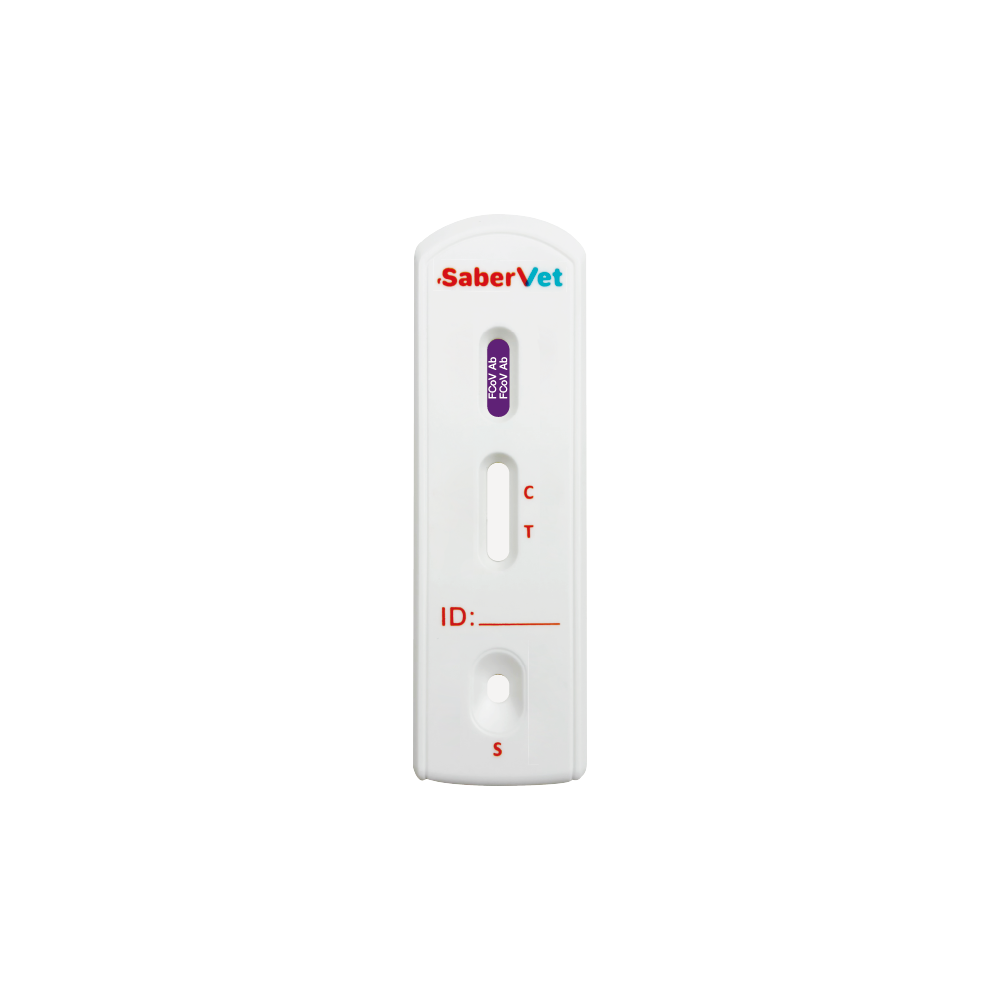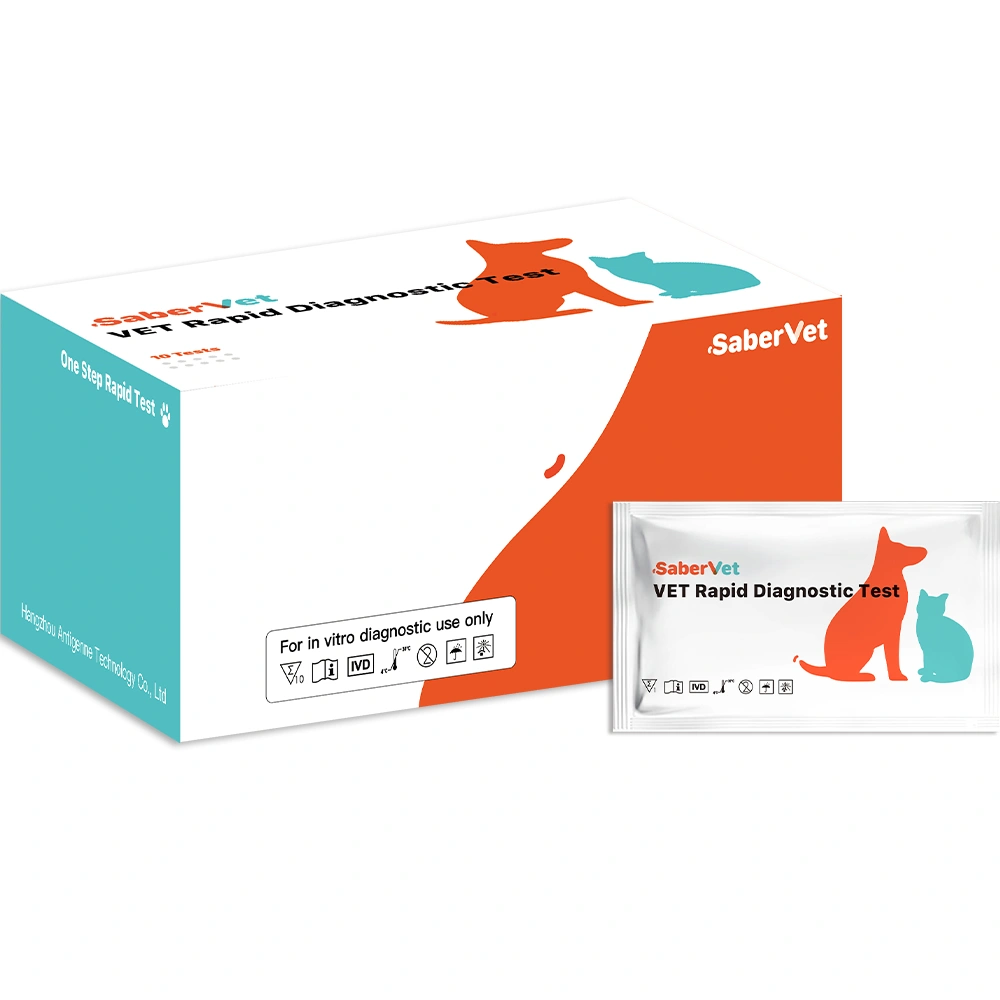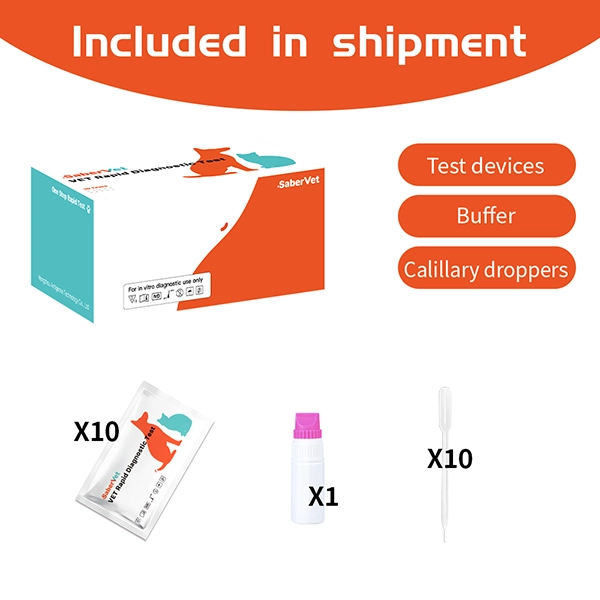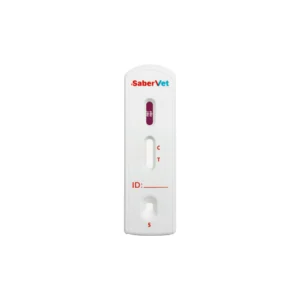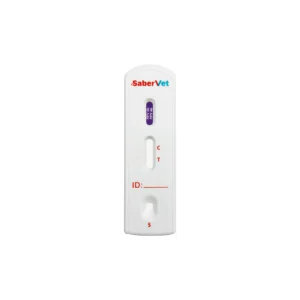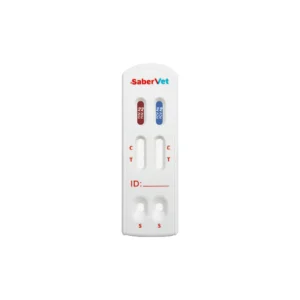Description
Feline coronavirus is a common virus that primarily infects the intestinal tract of cats. Most cats infected with coronavirus show mild gastrointestinal symptoms.
1. Clinical symptoms
Most cats infected with coronavirus show mild gastrointestinal symptoms. Mild diarrhea: short-lived and usually recovers on its own. Mild respiratory symptoms: occasional sneezing, runny nose and other mild symptoms.
2.Transmission route
Direct contact: spread through the feces of infected cats, especially in a multi-cat environment. Indirect contact: spread through contaminated environment, eating utensils, drinking water, clothing, etc. The virus can survive in the environment for several weeks.
3. Preventive and curative measures
To address the spread of feline coronavirus, the following measures should be taken to minimize the spread of the virus and protect the health of cats:
Isolate infected cats: isolate cats that have been infected from healthy cats to prevent further spread of the virus. Strengthen hygiene measures: regularly clean and disinfect the area where cats live, including eating utensils and drinking vessels, in order to reduce the survival of the virus. Provide a good living environment: keep the environment dry, ventilated and clean, provide sufficient drinking water and high-quality food to enhance the cat’s immunity. Vaccination: Vaccine is an important means of preventing feline coronavirus infection. Timely vaccination of cats can effectively reduce the rate of infection and fatality.
4. Significance of detecting antibodies against feline coronavirus
Ensure the effectiveness of the vaccine: Through antibody testing, it can be determined whether the cat has produced sufficient immune response after vaccination. This helps to ensure the effectiveness of the vaccination and to provide supplementary vaccination if necessary.
Prevent vaccine failure: Some cats may not produce the expected immune response to the vaccine due to immune system problems or health concerns at the time of vaccination. Testing antibody levels can help identify these cats and take appropriate measures.
Guiding vaccination strategies: Knowing the antibody levels in a cat population can help pet owners and veterinarians develop more scientific vaccination strategies. For example, identifying which cats need additional protective measures and which cats can safely participate in group activities.
Improve immunization coverage: Through antibody testing, it is possible to determine which areas or groups have insufficient immunization coverage, so that targeted remedial measures can be taken to improve the immunization level of the overall population and reduce the risk of disease outbreaks.
5. Feline Coronavirus Antibody Rapid Test
We have developed a Feline Coronavirus Antibody Rapid Test using cat blood and ascites as samples, which is fast, easy to operate and highly accurate, and can be used as an effective means for users to test the effectiveness of cat vaccination.
